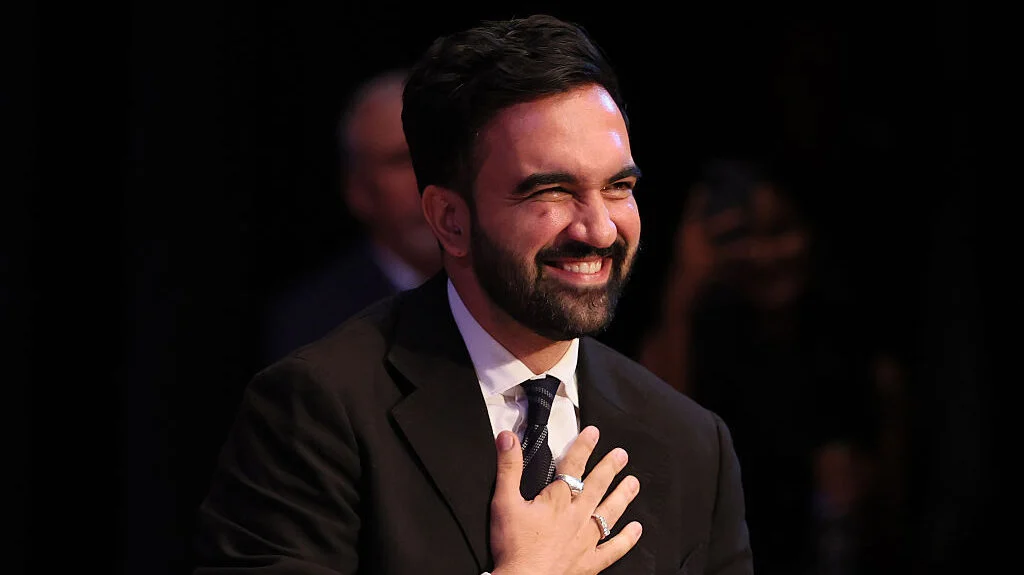Democrat Zohran Mamdani has made history as New York City’s first Muslim mayor and the youngest elected leader in over a century. His election marks a significant moment not just for the city but for representation within American politics.
On Tuesday, the city experienced its highest voter turnout in over thirty years, with more than two million votes cast. This surge in engagement reflects a growing desire for change, especially among residents facing an escalating affordability crisis. Mamdani campaigned on a platform focused on raising taxes for the wealthy to alleviate financial burdens, targeting high housing costs, child care expenses, and rising grocery prices.
His victory resonates as a clear pushback against the political strategies of figures like President Donald Trump, who has frequently criticized Mamdani’s populist policies. Trump labeled him a “communist” and publicly endorsed Mamdani’s opponent, former New York Governor Andrew Cuomo, even threatening to cut federal funding for the city based on the election’s outcome.
Mamdani’s election can be interpreted as a direct response to the prevailing policies of Trump’s second term, which have included sweeping cuts to the federal workforce and aggressive immigration enforcement. Many voters seem eager for a leader who prioritizes community welfare over partisan politics.
The 34-year-old two-term state assemblyman garnered significant support among younger voters, securing a staggering 77% of the 18-24 age bracket and 74% of those aged 25-29. This demographic shift underscores a generational hunger for change, with younger voters increasingly turning to leaders who align with their progressive values.
Moreover, Mamdani won a crucial majority of the Black vote, achieving 52%—a remarkable increase of over 20% from the primary election results. His strategy involved grassroots campaigning in Black communities, connecting with voters in churches, barbershops, and even nightclubs. This approach of being present in places that matter to the community paid off significantly.
LaTosha Brown, co-founder of Black Voters Matter, praised Mamdani for his intentional outreach efforts. She highlighted that he focused on genuine conversations about pressing issues such as economic security and access. “People are really concerned about…how am I going to keep more money in my pocket,” Brown explained, illustrating the hunger for practical solutions to everyday challenges.
Following his victory announcement, Mamdani shared a lighthearted video clip on social media featuring a subway intercom voice declaring, “Next stop and last stop is: City Hall.” This symbolizes not only his journey but also the aspirations of many New Yorkers who seek long-overdue changes in leadership.
As Democrats and Republicans gear up for the 2026 midterm elections, Brown warns that the overriding economic crisis reflects a populace weary of partisan conflict. “Folks don’t care about that right now,” she pointed out, emphasizing that voters are more focused on who will truly advocate for their needs and acknowledge their realities.
The results of this election demonstrate the power of grassroots movements and the willingness of everyday people to make their voices heard. Portia Allen-Kyle, interim executive director of Color Of Change, stated, “This evening’s election outcomes should be attributed to the power of everyday working people who showed up to say our democracy will not be bought.”
Across the nation, voters are increasingly rejecting the influence of billionaires and political elites who prioritize their interests over those of the communities. Mamdani’s victory illustrates that organized, collective action can lead to transformative change – a principle that holds true across all levels of political engagement.



